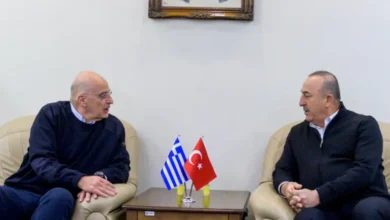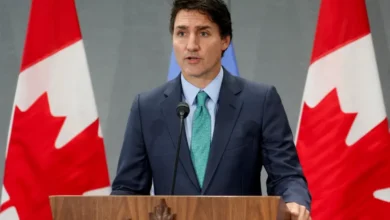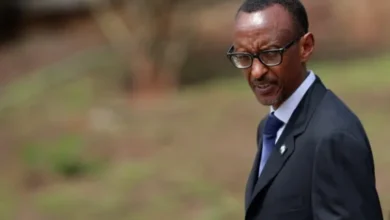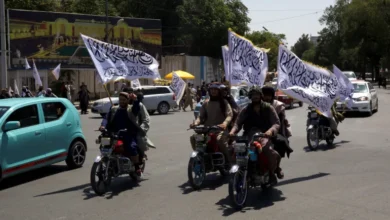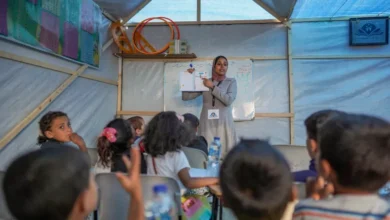A PR stunt amid a massacre in Gaza
Belén Fernández
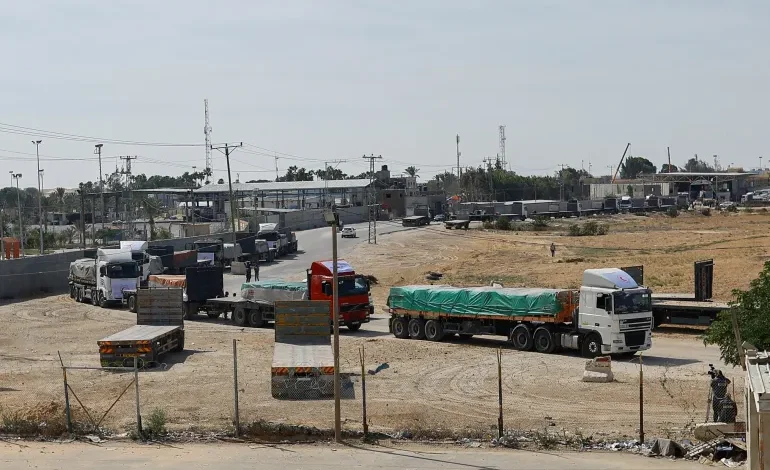
Belén Fernández
Friday, October 20 was supposed to be a particularly humanitarian day for the “world’s most moral army”, ie, the one that has slaughtered more than 4,000 humans in the Gaza Strip over the past two weeks, half of them children.
According to United States President Joe Biden – who continues to wholeheartedly back the Israeli slaughter-fest in Gaza both morally and financially while pretending to care a tiny bit about the victims of the whole arrangement – Israel had agreed to allow some 20 humanitarian aid trucks to enter the besieged Palestinian enclave on Friday via the shuttered Rafah crossing from Egypt. Depending on how that went, the US president said, more aid trucks could then follow.
A statement from Israeli Prime Minister Benjamin Netanyahu’s office on Wednesday affirmed that, “in light of President Biden’s demand, Israel will not thwart humanitarian supplies from Egypt as long as it is only food, water and medicine for the civilian population in the southern Gaza Strip”.
Biden, it seems, was a tad more excited about the PR stunt than everyone’s favourite “moral army”.
To be sure, the non-thwarting pledge would have been slightly more credible had Israel not repeatedly bombed Rafah and the other areas of southern Gaza to which thousands of civilians from the north have evacuated under orders from Israel itself. As might have been predicted, the aid trucks were held up all day Friday on the Egyptian side of the border as the Israeli army continued its pulverisation efforts in the Palestinian territory.
They only managed to enter Gaza on Saturday morning after another nighttime killing spree by Israeli warplanes which killed at least 46 Palestinians.
The fewer people left alive in Gaza, the fewer “humanitarian supplies” needed, right?
Of course, if Israel was actually concerned with allowing aid to reach Palestinian civilians in the Gaza Strip, it could simply suspend the illegal land, air and sea blockade of Gaza which it has maintained for more than 16 years. Over this period, the fluctuating catalogue of banned and restricted items has proved consistently diabolically ludicrous, and has included everything from medical devices to flour, rice, salt, toilet paper, soap, notebooks and pens.
Israel also happens to share its very own land border with the Gaza Strip. This means that, were the Israeli government ever in a genuinely non-thwarty mood, it could with superlative ease permit the cross-border movement of cancer medication and other helpful stuff.
As this latest war underscores, however, Israel prefers the “shooting fish in a barrel” approach to Gaza, and the 20 aid trucks allowed to go through Rafah are merely a drop in the bucket (or barrel) in a humanitarian catastrophe of unspeakable proportions. Normally, some 450 trucks enter Gaza daily carrying supplies to help residents survive the debilitating blockade.



